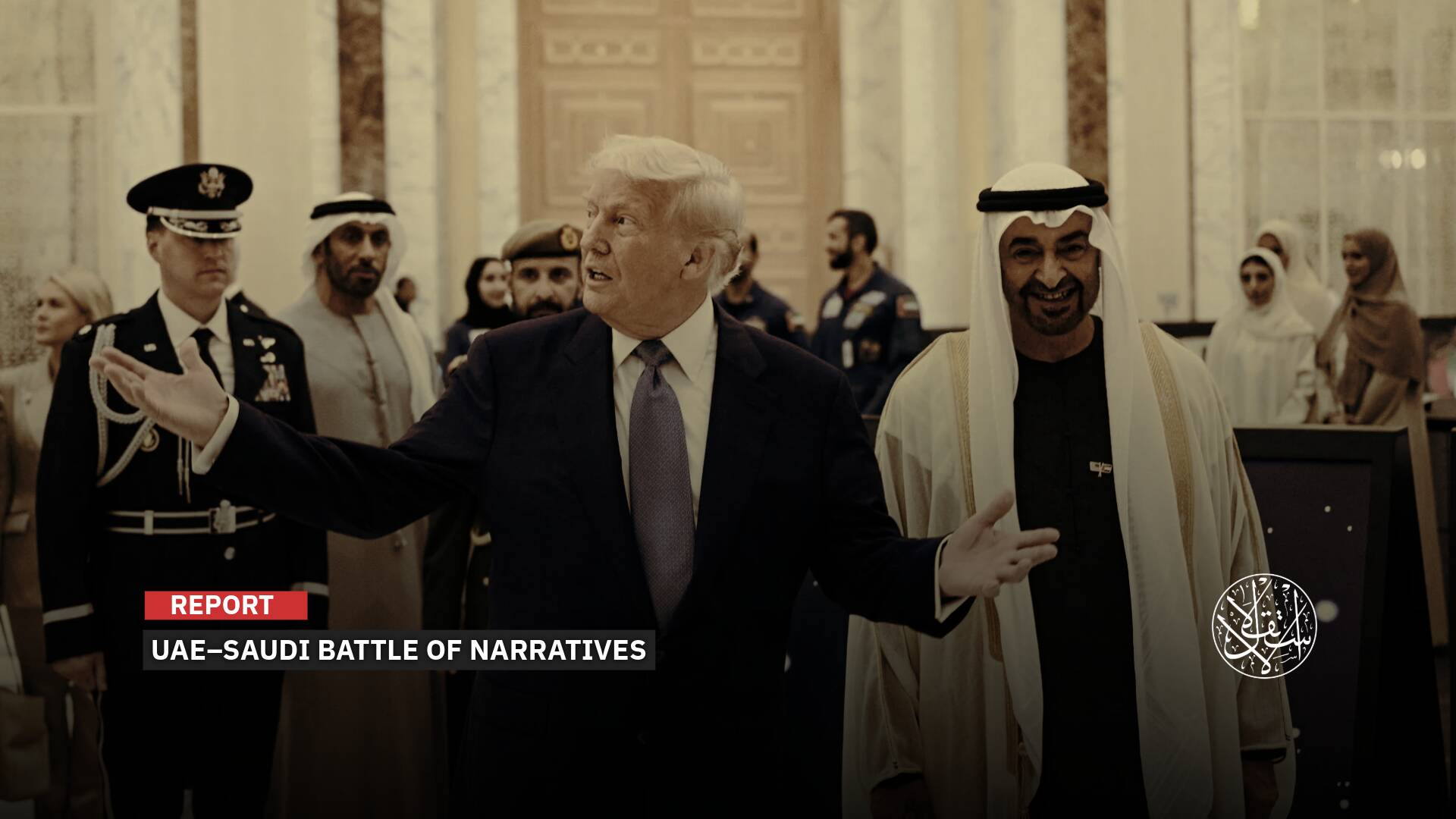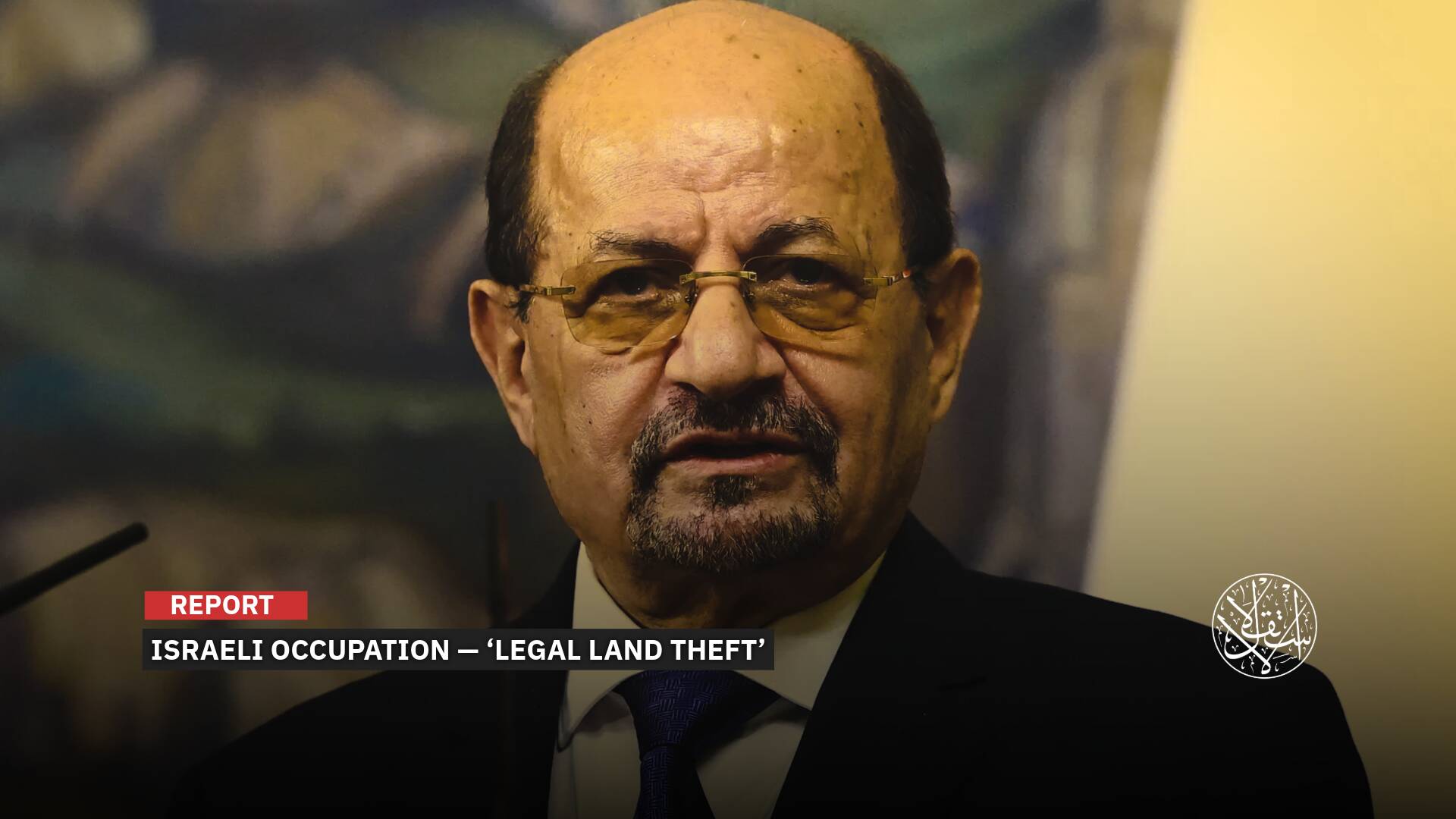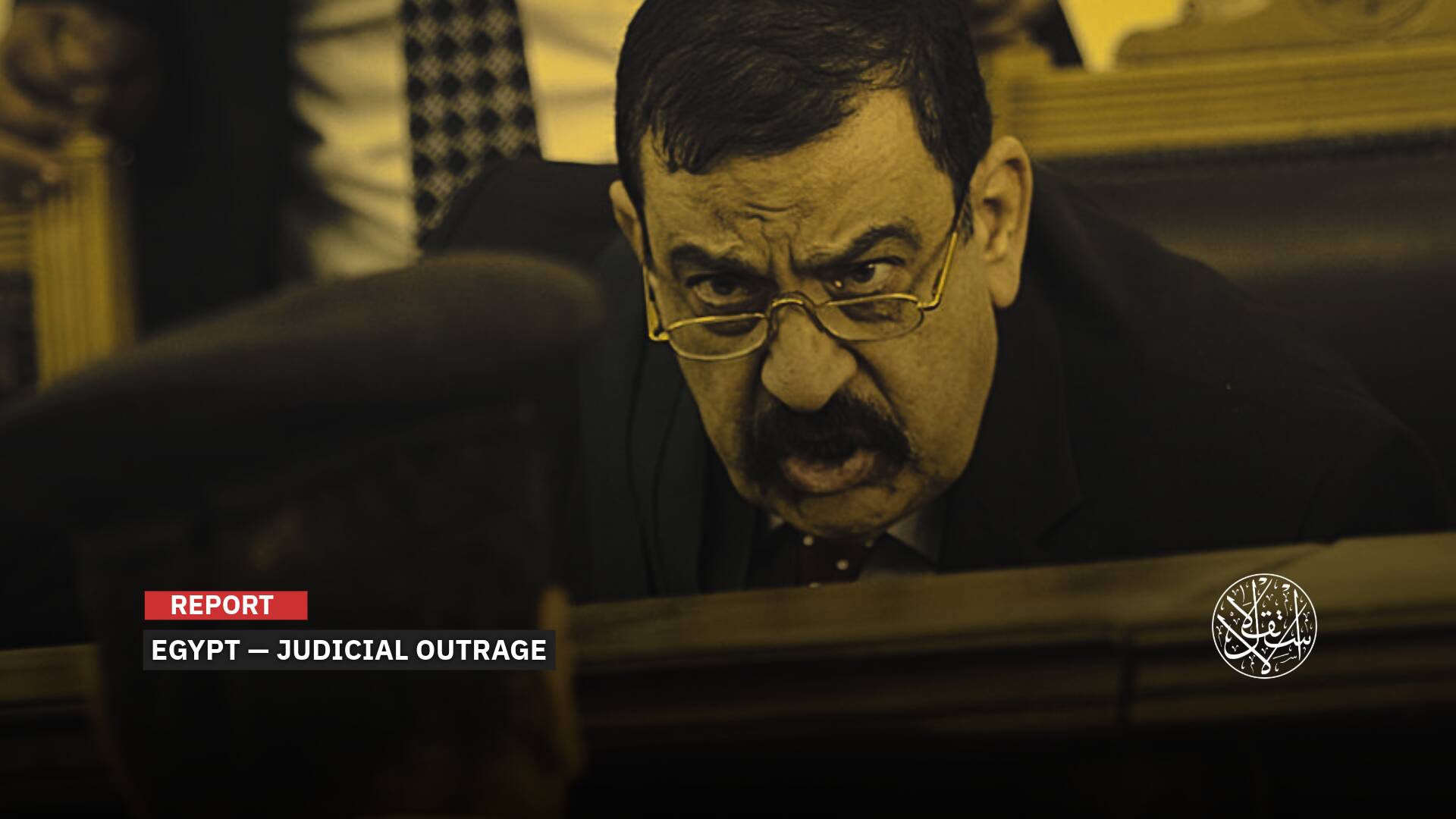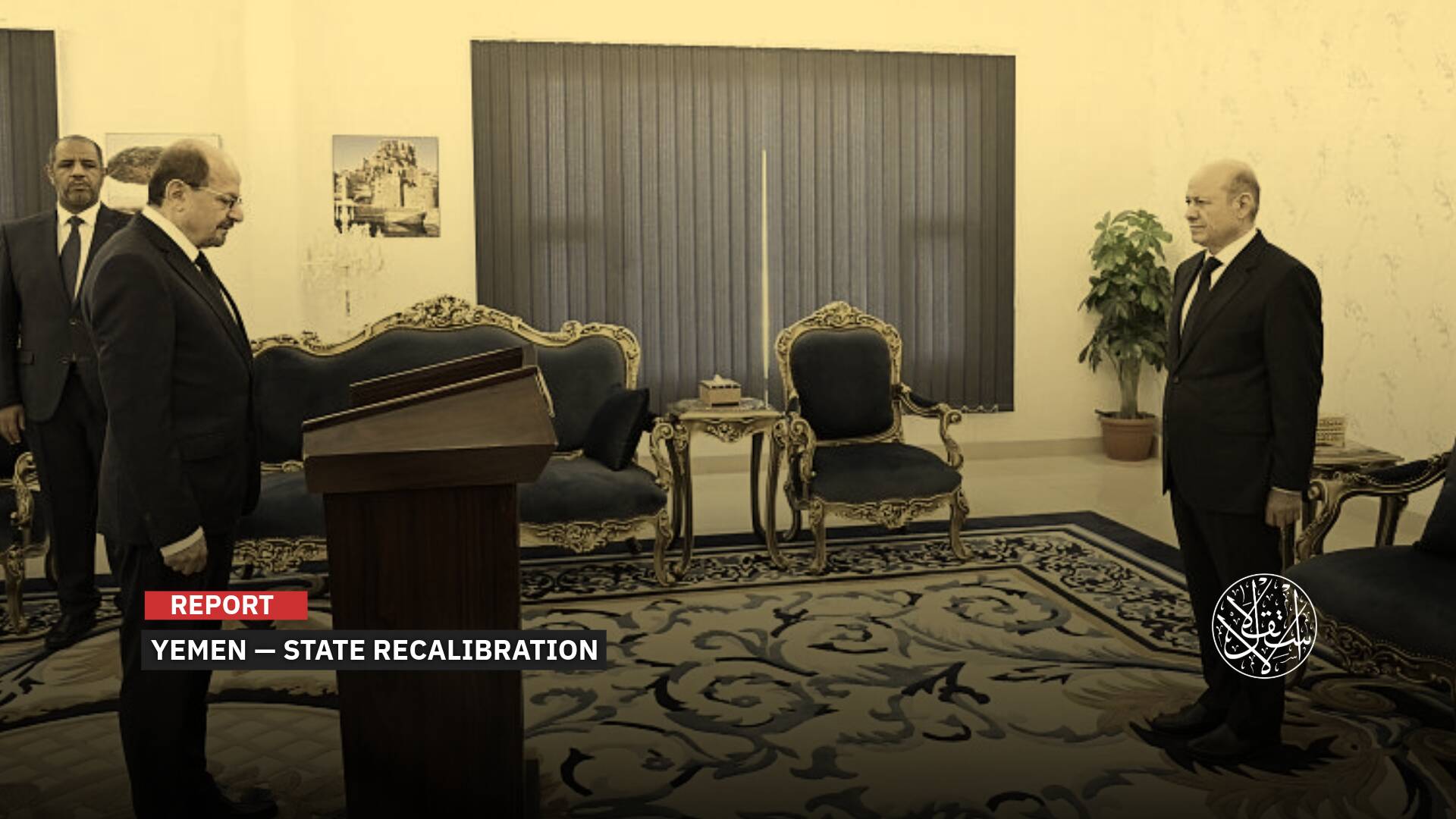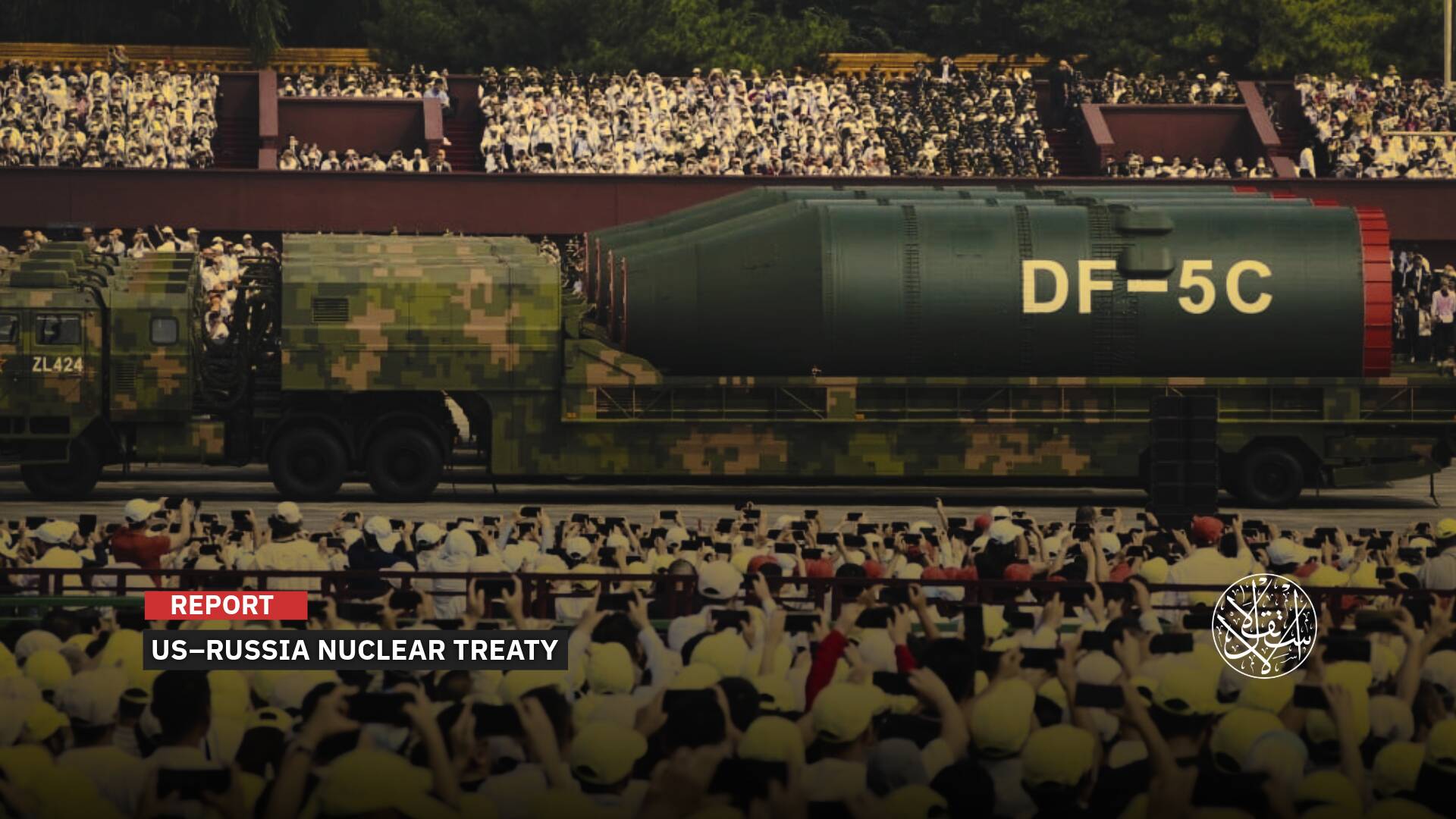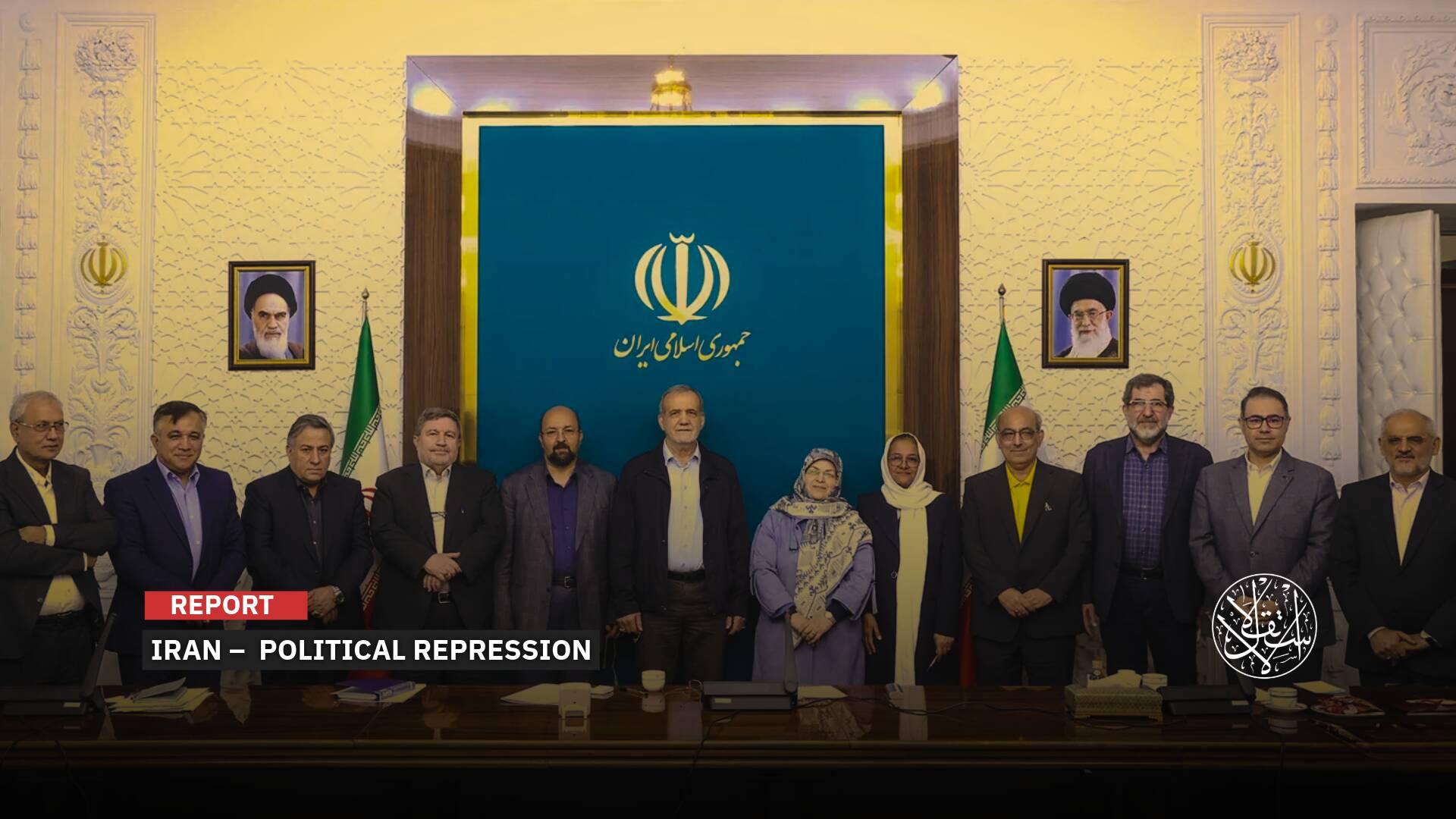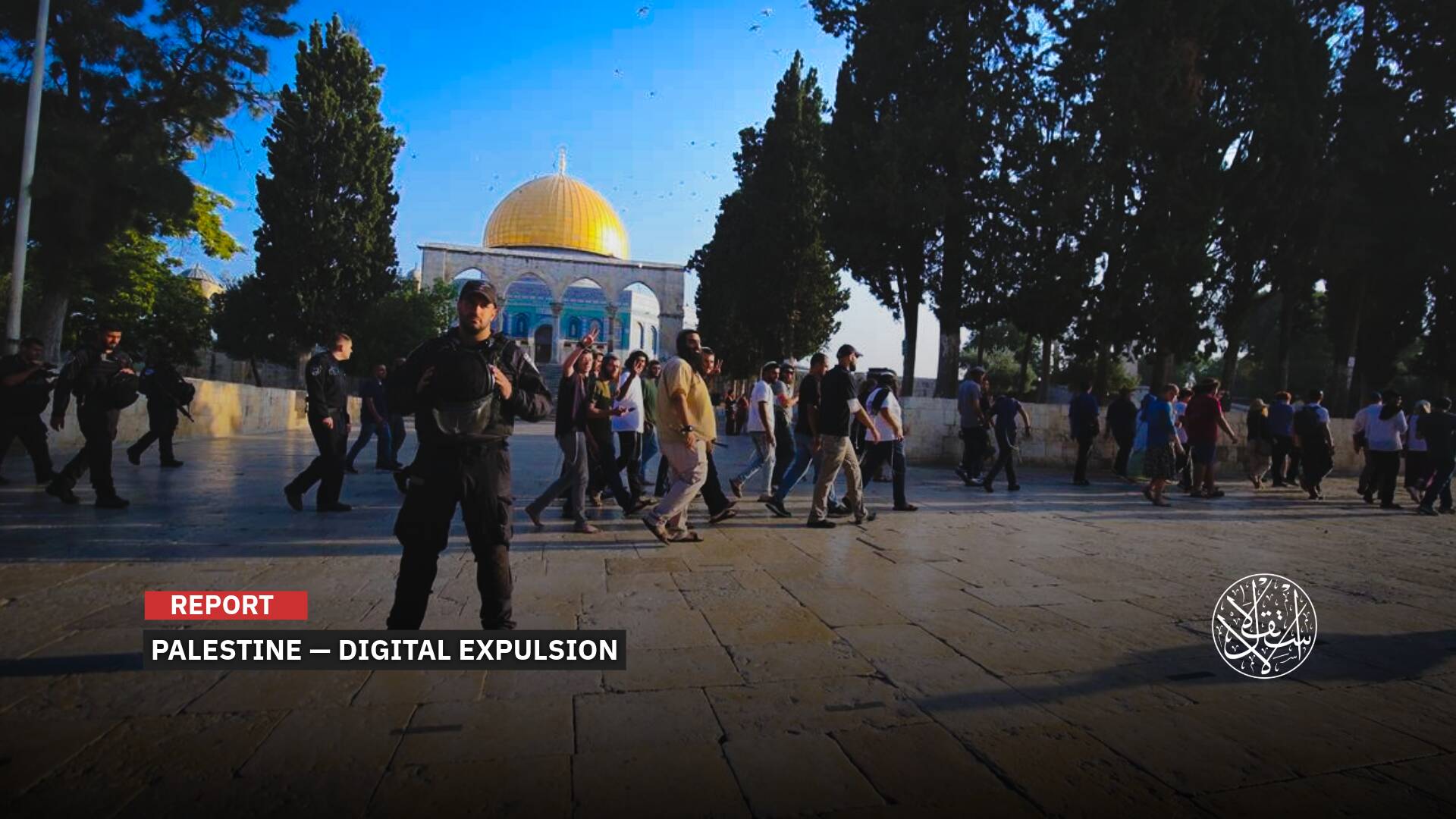Why Do Emirati Figures Contradict the UAE Government's Stance on Riyadh and Houthi Negotiations?

In conjunction with the visit of the Yemeni Houthi militia to the Kingdom of Saudi Arabia as part of talks aimed at finding a political solution in Yemen, Emirati figures close to decision-makers expressed veiled criticism of any potential agreement that may result from Riyadh’s negotiations with the militia controlling Sana’a.
For the first time since the outbreak of the Yemen war in 2014, a delegation from the Houthi militia arrived in Riyadh on September 14, 2023, at the invitation of Saudi Arabia, to discuss a permanent and comprehensive ceasefire in Yemen and reach a sustainable and acceptable political solution.
In response, the Saudi Ministry of Foreign Affairs, on September 20, welcomed the positive results of the discussions with the Sana’a delegation to continue efforts in the Yemen peace process.
The Ministry, in a statement published on X (Twitter), praised the contents of the meeting between Saudi Minister of Defense Prince Khalid bin Salman bin Abdulaziz and the Sana’a delegation.
The statement noted that the discussions were “a continuation of the previous meetings of the Saudi team held earlier with the President and members of the Yemeni Presidential Leadership Council in Sana’a from April 8 to 13, 2023, which resulted in several ideas and options for developing a roadmap agreed upon by all Yemeni parties.”
It mentioned that the Ministry of Foreign Affairs commends the contents of the meeting of Prince Khalid bin Salman bin Abdulaziz, Minister of Defense, with the Sana’a delegation during their visit to the kingdom.
The statement emphasized that in the meeting, “the Kingdom’s commitment to standing with Yemen and its people and its constant keenness to encourage Yemeni parties to sit at the dialogue table to reach a comprehensive and permanent political solution in Yemen under the supervision of the United Nations and to lead Yemen into a comprehensive revival and sustainable development” was reiterated.
A day before the release of this statement, the Houthi delegation left Riyadh after five days of talks with Saudi officials following an official invitation from the kingdom.
Implicit Criticism
Despite the official UAE position issued by its Ministry of Foreign Affairs on September 19, which praised the Riyadh talks, the stances expressed by Emirati figures and others close to the Emirati-supported Southern Transitional Council in Yemen appear to take a completely different direction.
The inconsistency in positions has raised several questions about the UAE’s true stance regarding Saudi Arabia’s efforts to reach an agreement with the Houthi militia, separate from Abu Dhabi and the Southern Transitional Council. To what extent can these actors hinder potential agreements?
Regarding the positions expressed by Emirati figures, Abdulkhaleq Abdulla, an Emirati academic close to the President of the UAE, Mohammed bin Zayed, posted on X on September 14. In his post, he accused certain parties (without naming them) of seeking to hand over southern Yemen to the Iranian-backed Houthi group in Sana’a.
Abdulla questioned in his post, saying, “Why do some insist on handing over the Arab South to the Iranian-backed Houthi insurgent group in Sana’a?
“The issue of the Arab South is not a secession issue but a national liberation issue that the people of the South seek to establish their free homeland and independent state, deserving the support of the world’s nations and the region’s peoples, foremost among them the Gulf Arab states. A state with its own identity.”
لماذا يصر البعض على تسليم الجنوب العربي لجماعة الحوثي الايرانية الانقلابية بصنعاء. قضية الجنوب العربي ليست قضية انفصال بل هي قضية تحرر وطني يسعى شعب الجنوب تأسيس وطنه الحر ودولته المستقلة ويستحق دعم دول العالم وشعوب المنطقة وفي المقدمة دول وشعوب الخليج العربي. دولة ولها عنوان pic.twitter.com/nzVEBCitHg
— Abdulkhaleq Abdulla (@Abdulkhaleq_UAE) September 17, 2023
The Emirati academic’s statement came hours after a post by Dhahi Khalfan, the Deputy Commander-in-Chief of Dubai Police, in which he said, “Houthi circles are talking about the idea of establishing a Yemeni Hashemite kingdom. If the news is true, those concerned should reconsider their decision.”
تتحدث الاوساط الحوثية عن فكرة انشاء مملكة هاشمية يمنية..اذا صحت الأخبار...ينبغي لمن يهمه الأمر مراجعة القرار.
— ضاحي خلفان تميم (@Dhahi_Khalfan) September 17, 2023
The UAE Ministry of Foreign Affairs emphasized in its statement the “importance of supporting all regional and international efforts aimed at finding a sustainable political solution in Yemen, one that achieves the aspirations of its people for security, development, and stability.”
The UAE welcomed the efforts made by Saudi Arabia and sisterly Oman to bring about peace in Yemen.
The UAE Ministry of Foreign Affairs also praised “the talks being held in Riyadh with a Houthi delegation to reach a permanent ceasefire and find a political solution to the Yemeni crisis that enhances peace and stability in Yemen and the region.”
It also affirmed “the UAE’s commitment to standing by the Yemeni people and supporting their legitimate aspirations for development and prosperity.”
Southern Concerns
Regarding the stance of the Southern factions in Yemen, Anwar al-Tamimi, a Yemeni political analyst closely associated with the UAE-backed Southern Transitional Council, explained that “the Southern forces’ position on negotiations with the Houthi group in Riyadh is determined by the nature of the issues being discussed by the negotiators.”
Al-Tamimi clarified in an interview with Sputnik on September 18, “Several Southern officials have stated in media statements that the Southern forces are free from any agreements or understandings with any local or regional powers that exceed the declared Southern constants.”
He added that “the Southern Transitional Council has issued statements on multiple occasions confirming that the wealth of the South is a sovereign right of the Southern people, and no one has the right to relinquish it.”
Al-Tamimi pointed out, “The statements and remarks made by the Transitional Council and its leaders can be understood as a response to Houthi demands and regional mediators’ conditions, such as handing over 80% of the revenues from the oil fields in the South to the Houthi government.”
He stressed that “the Southern separatists adopt a clear stance rejecting any handover of the Southern wealth to the Houthis and affirm that what the Houthi movement could not seize by force and war, it will not be able to secure through negotiations. These are the determinants governing the Southern position regarding the Houthi–Saudi meetings in Riyadh.”
The Southern factions, led by the Southern Transitional Council headed by Aidarus al-Zoubaidi and backed by the UAE, aspire to secede with the southern regions of Yemen and establish an independent state in the South.
The Wall Street Journal revealed in a previous report published on March 3, 2023, that the most intense disagreement between Saudi Arabia and the UAE is related to the Yemen crisis. It emphasized that Riyadh felt abandoned by Abu Dhabi when it withdrew its troops from Yemen in 2019.
Unnamed Gulf officials were quoted as saying that the UAE withdrew most of its ground forces from Yemen in 2019 but still fears being marginalized from discussions about the country’s future as Saudi Arabia continues direct talks with Houthi rebels to end the war.
The officials added that the UAE wants to maintain its strategic foothold on Yemen’s southern coast and ensure a naval presence in the Red Sea to secure maritime routes from its ports to the rest of the world.

Emirati Objectives
Regarding the true stance of the UAE in light of the ongoing developments, Yemeni political analyst Abdulbaqi Shamsan stated, “The Houthis and the Southern Transitional Council have mutual interests and cooperation, agreeing on a common goal of undermining the legitimacy [the internationally recognized Yemeni government] and gaining control over their respective areas in the north and south.”
Shamsan further explained to Al-Estiklal that “the UAE wants to keep Saudi Arabia engaged in the conflict with the Houthis until it can focus on the southern regions, aiming to make Saudi Arabia exhausted by the situation. This is based on the assessment that Abu Dhabi abandoned Riyadh at some point, even though both of them jointly ousted the legitimate authority and stopped the Yemeni national army at the outskirts of Sana’a, leaving the city of Taiz besieged by the Houthis.
“Saudi Arabia and the UAE entered a service-based war, where there is resentment against anything unifying and against legitimate authority. They both agreed to establish militias in the country. However, now the UAE wants more time to drain Saudi Arabia until it can complete its project of controlling southern Yemen.”
Shamsan suggested that “the UAE cannot hinder the Saudi–Houthi dialogue because their entire project is unlikely to succeed, given that the entire Yemen would enter into a more intense war than before.”
He attributed this to the fact that “if Saudi Arabia and the Houthis reach an agreement, all Yemeni parties, whether national Yemeni forces or even the UAE, will reject it. They will declare at that point that these agreements are a northern matter related to the kingdom and have nothing to do with the southern regions of Yemen.”
Shamsan concluded by saying, “The UAE wants more time to consolidate its control over the South because it fears that once it stabilizes the situation in the Southern Transitional Council, the Houthis may turn toward the southern regions after signing the agreement with Saudi Arabia. This would happen under the pretext of preserving Yemeni unity.”

According to the Yemeni expert, “The Houthis will raise the slogan of expelling the foreign occupiers, represented by Saudi Arabia and the UAE, from the country. Therefore, the battle will continue and will not stop. However, there is a large national republican bloc that will not remain silent for long because it feels a real threat to its unity and sovereignty.”
Shamsan clarified that “the silent popular bloc in Yemen, vast in its geography and population density, rejects separation projects or returning Yemenis to the era of Imamate rule. Consequently, it will inevitably take action during the repercussions of the coming phase. Therefore, we are facing a complex situation in Yemen.”
Since September 2014, the Houthi militia has controlled several provinces in central and northern Yemen, including the capital Sana’a. In response, a coalition led by Saudi Arabia entered into a war on March 26, 2015, in support of the legitimate government forces.
Sources
- An Emirati academic supports the secession of South Yemen - this is what he called for [Arabic]
- The UAE praises the efforts of Saudi Arabia and Oman to bring peace to Yemen [Arabic]
- What is the position of the southern powers in Yemen regarding the discussions between “Ansar Allah” and the Saudis in Riyadh? [Arabic]
- Through Omani mediation, a Houthi delegation visits Riyadh [Arabic]
- Confrontations between forces supported by Saudi Arabia and the UAE: Has the reckoning begun in Yemen? [Arabic]


